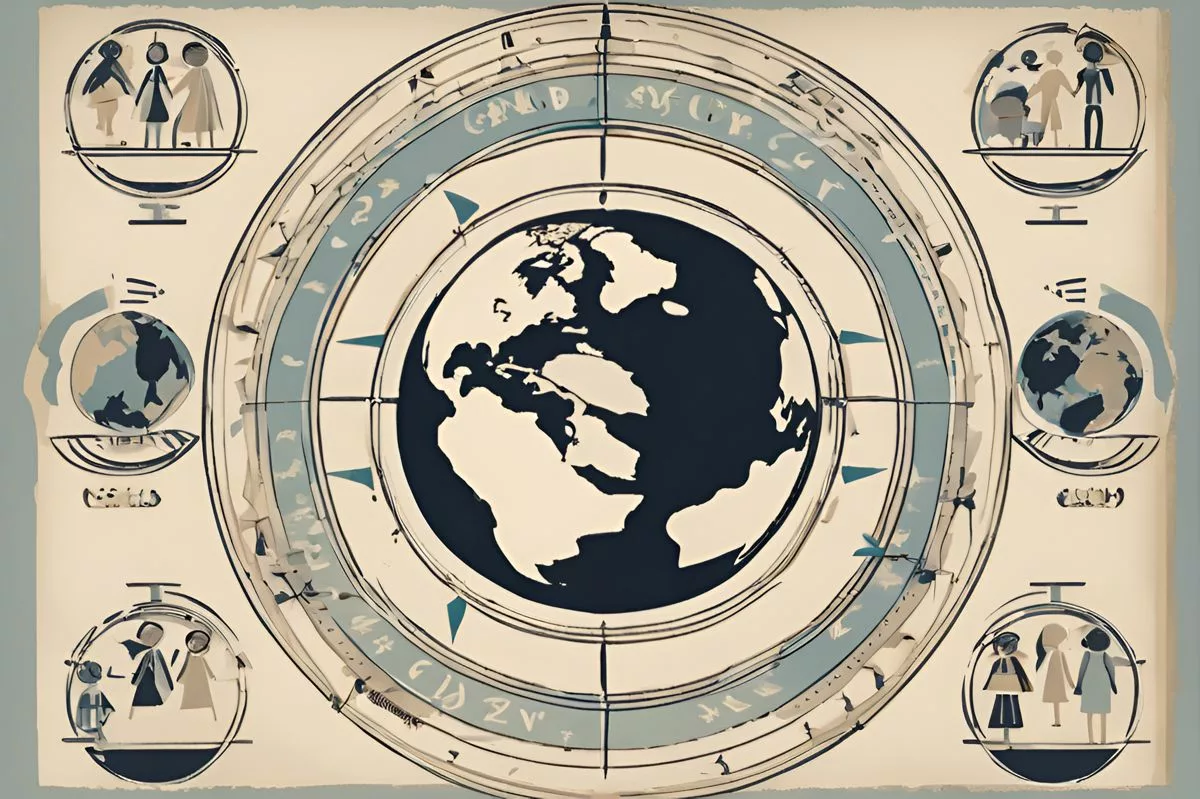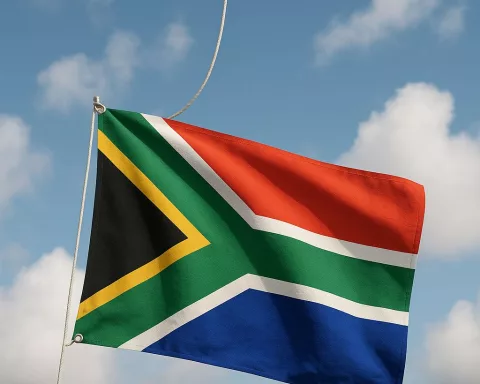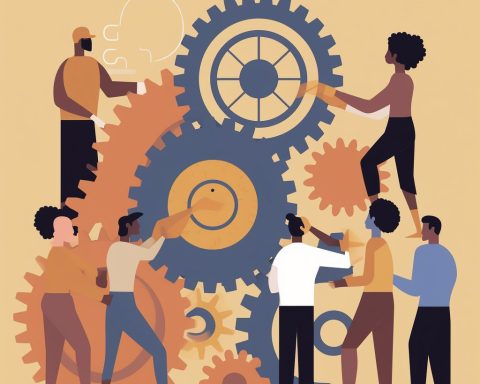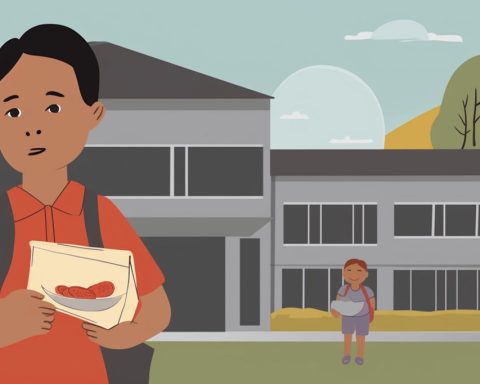South African National Assembly Speaker Nosiviwe Mapisa-Nqakula is leading a delegation to the 68th Session of the Commission on the Status of Women (CSW68) at the UN in New York. The event aims to change political views on the status of women worldwide and will see representatives from parliaments worldwide exchange experiences on poverty reduction and gender-responsive budgeting. The South African delegation will participate in an event on 12 March coordinated by the IPU and UN-Women, focusing on advancing gender equality to end poverty.
What is the 68th Session of the CSW?
The 68th Session of the Commission on the Status of Women (CSW68) is a global event that aims to strengthen and change political views on the status of women worldwide. The South African delegation will participate in an event coordinated by the IPU and UN-Women, focusing on advancing gender equality to end poverty. Representatives from parliaments worldwide will exchange experiences on poverty reduction, gender-responsive budgeting, and taxation, and discuss the role of parliaments in promoting legislative environments that identify and rectify gender imbalances.
In an impressive development, the National Assembly Speaker, Ms Nosiviwe Mapisa-Nqakula, steers a top-level Parliament delegation towards the 68th Session of the Commission on the Status of Women (CSW68) at the UN headquarters in New York, USA. The session, spanning from today until the 22nd of March, serves as a key arena for strengthening and altering the political views regarding the status of women globally.
The South African Delegation Participation
The delegation from South Africa is poised to participate in an event coordinated by the Inter-Parliamentary Union (IPU) and the United Nations Entity for Gender Equality and the Empowerment of Women (UN-Women) on the 12th of March. The event, with the theme “Gender-sensitive parliaments: Advancing gender equality to end poverty”, is set to generate crucial dialogues about the role of parliaments in drafting legislation and policies explicitly addressing poverty and defining public finance that boosts the empowerment of women and girls.
The IPU parliamentary assembly is slated to begin at 10:00 Eastern Daylight Time (16:00 in South Africa). The IPU President, Dr Tulia Ackson, will likely kick-off the session with brief remarks, emphasizing how parliaments can ignite change, rejuvenate policy-making, and cater to the needs of women and girls living in poverty. The role of parliaments in eradicating poverty through legislation, supervision, and public involvement holds crucial significance.
Global Perspectives and Discussion
Representatives from parliaments worldwide will exchange perspectives and experiences on poverty reduction through gender-responsive budgeting and taxation, facilitating women’s access to credit and resources, and launching specific interventions that nurture caring and green economies. Key issues, such as the importance of gender-sensitive parliaments and sharing successful practices in promoting legislative environments that actively identify and rectify gender imbalances, will also be up for discussion.
A moderated debate is also on the agenda for the session, fostering discussions on best practices for overturning discriminatory laws and addressing gender inequalities that result in poverty. Participants will also mull over prioritizing legislations and policies to reduce poverty and the role of parliamentary committees or groups in backing these efforts.
Focus on Gender-Sensitive Institutions
The following segment of the session, themed “Gender-Sensitive Institutions Breaking the Poverty Cycle,” will scrutinize how parliaments can mitigate women’s poverty by placing gender equality at the heart of their composition, organizational, and functional structures. The session will also spotlight inclusive decision-making as a strategy to cater to the needs and interests of all, thus ensuring that no one is marginalized.
The high-ranking delegation to the CSW68 comprises distinguished members of the Parliament including Ms Sylvia Lucas, Deputy Chairperson of the National Council of Provinces (NCOP), Ms Doris Dlakude, member of the National Assembly, and Ms Martha Bartlett, delegate to the NCOP.
The press can arrange an interview with the Speaker on the CSW68 and the parliamentary meeting by contacting Mr Manelisi Wolela through WhatsApp using the provided contact information.
Interestingly, the term “Parliament” originates from the French term “parler,” meaning “to speak.” It’s an apt name for the place where voices are amplified and decisions are made impacting the nation and its citizens.
In sum, the 68th Session of the Commission on the Status of Women is a praiseworthy venture uniting parliaments from around the world in their common objective of gender equality and poverty eradication. Through such cooperation and dialogues, the route to a more inclusive and equitable world becomes more visible, and the measures to reach there more concrete.
Who is leading the South African delegation to the CSW68?
The South African National Assembly Speaker, Nosiviwe Mapisa-Nqakula, is leading the delegation to the 68th Session of the Commission on the Status of Women (CSW68) at the UN in New York. The delegation includes distinguished members of the Parliament such as Ms Sylvia Lucas, Deputy Chairperson of the National Council of Provinces (NCOP), Ms Doris Dlakude, member of the National Assembly, and Ms Martha Bartlett, delegate to the NCOP.
What is the focus of the event?
The event aims to change political views on the status of women worldwide and will see representatives from parliaments worldwide exchange experiences on poverty reduction and gender-responsive budgeting. The South African delegation will participate in an event on 12 March coordinated by the IPU and UN-Women, focusing on advancing gender equality to end poverty.
What topics will be discussed at the event?
Representatives from parliaments worldwide will exchange perspectives and experiences on poverty reduction through gender-responsive budgeting and taxation, facilitating women’s access to credit and resources, and launching specific interventions that nurture caring and green economies. Key issues, such as the importance of gender-sensitive parliaments and sharing successful practices in promoting legislative environments that actively identify and rectify gender imbalances, will also be up for discussion.
What is the role of parliaments in promoting gender equality and poverty reduction?
The event will discuss the role of parliaments in promoting legislative environments that identify and rectify gender imbalances. The delegation from South Africa is poised to participate in an event coordinated by the Inter-Parliamentary Union (IPU) and the United Nations Entity for Gender Equality and the Empowerment of Women (UN-Women) on the 12th of March. The event is set to generate crucial dialogues about the role of parliaments in drafting legislation and policies explicitly addressing poverty and defining public finance that boosts the empowerment of women and girls.
What is the significance of gender-sensitive institutions?
The session will scrutinize how parliaments can mitigate women’s poverty by placing gender equality at the heart of their composition, organizational, and functional structures. The session will also spotlight inclusive decision-making as a strategy to cater to the needs and interests of all, thus ensuring that no one is marginalized.
How can the press arrange an interview with the Speaker on the CSW68 and the parliamentary meeting?
The press can arrange an interview with the Speaker on the CSW68 and the parliamentary meeting by contacting Mr Manelisi Wolela through WhatsApp using the provided contact information.











